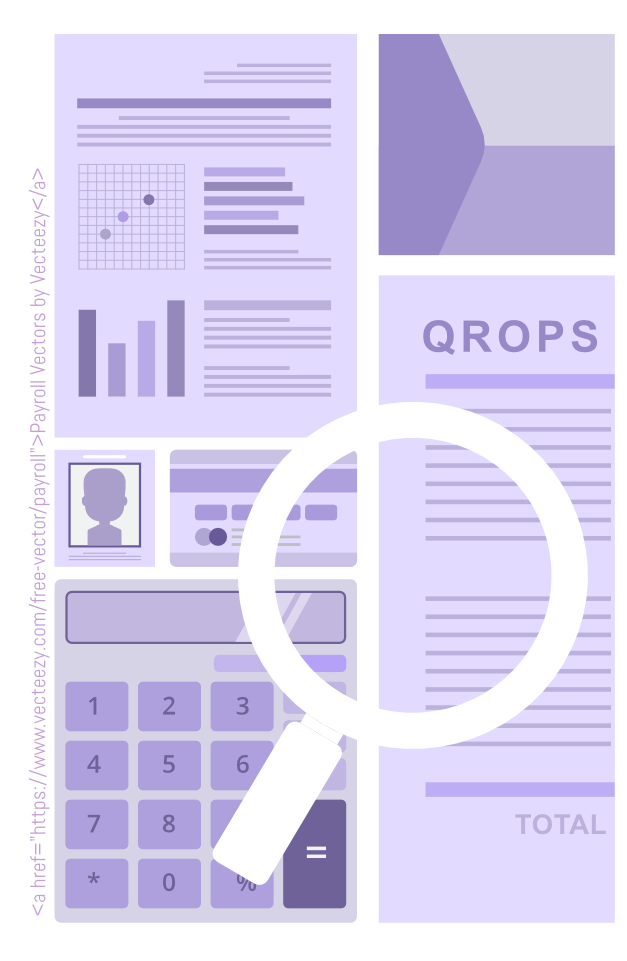Repatriation: Returning to the UK
Moving back to the UK in a few months and feeling overwhelmed?
Not only is there the physical move to plan for but the more mundane tasks of taxes and financial planning too.
Especially considering that UK advisers are unlikely to understand the nuances of offshore products and investments…(It’s best to start with having an international financial planner)


Should you sell assets before repatriating?
- If you have time on your side, then start looking at your financial affairs 12 to 18 months before your actual repatriation.
- If you have assets to sell and profit to release, it makes sense (from a capital gains tax perspective) to do this before returning home.
- Moving home on or after April the 6th is a great way to simplify your tax situation.
- However, even the best laid plans seldom come to fruition.
- Having the luxury of choosing your exact date of return is unlikely.
- If you have assets such as a property and you can’t or don’t want to sell before you move, then there are additional planning opportunities available to mitigate potential tax on income from assets.
- As always, everyone’s circumstances are different. Repatriating may not necessarily be all that complex for you as long as you take sage financial and tax advice from a professional.


Retiring with a QROPS in the UK
If you’re repatriating and have a QROPS, you’re required to inform the QROPS provider when you’ve returned to the UK.
If you then transfer your funds or take benefits from your QROPS, the scheme itself has to report payments to HMRC, regardless of how long you were a non-UK resident previously.
If you’ve started drawing an income from a pension scheme while abroad, you will be liable to tax in the UK on your income once you return to Britain…
(Regardless of whether yours is a UK registered pension scheme such as a SIPP, or whether it’s a QROPS).
Emotions returning back to Britain
Many returning expats report feeling disconnected when they return ‘home’ to a country that actually, no longer feels like home. A lot may have changed in Britain since you left, and it’s not uncommon to find it hard to adjust. If you anticipate and accept that you might experience a degree of reverse culture shock, it may well help you adjust to your return more quickly.
The good news is most government agencies, councils and service providers in the UK have embraced technology, and everything you’re likely to need is available online.
That doesn’t detract from the fact you may need expert financial advice to ensure you make the most of any advantages you have before repatriating.




Seek repatriation financial advice.
It is very important to seek advice at this stage to ensure that the level of income drawn from your pension along with other assets is done as tax efficiently as possible.
For example, you may be able to offset tax liability by drawing down a portion from the pension commencement lump sum, using tax-deferred 5% withdrawals from an offshore bond, using the CGT annual exempt amount, transferring assets between spouses if one is a higher or additional rate tax payer, etc.
Contact us so we can connect you with a regulated financial adviser that specialises in financial advice related with repatriating to the UK.
